
Ein kurzer historischer Hintergrund
Was Sie erhalten: Ein Überblick darüber, wie die Konica Pop entstand und warum sie in den 1980er Jahren von Bedeutung war.
Die Konica Pop wurde 1982 eingeführt und als kostengünstige Kamera für Gelegenheitsnutzer entwickelt.Seine leuchtenden Farben und einfachen Bedienelemente machten ihn bei alltäglichen Fotografen beliebt und brachten die Freude an der Schnappschussfotografie einer breiteren Generation in den bunten 80er Jahren.
Als ich zum ersten Mal eine klobige Kamera aus den 80ern in die Hand nahm, mit ihrem mutigen Design und den einfachen Bedienelementen, fühlte sich die Fotografie einladend statt einschüchternd an.

Wichtige technische Merkmale
Was Sie erhalten: Kern-Spezifikationen, die den einzigartigen Stil der Fotografie der Konica Pop definieren.
Objektiv und Fokus
Die Kamera verwendet ein festes 36-mm-f/4-Objektiv, das alltägliche Momente mit einer weiten Perspektive abdeckt. Statt Autofokus verwenden die Benutzer die Zonenfokussierung über einfache Symbole – ein intuitives System, das selbst für Anfänger geeignet ist.
Belichtung und Blitz
Die Belichtung wird automatisch angepasst, nachdem der Film-ISO (100–400) eingestellt wurde. Der mechanische Verschluss und der integrierte Blitz, der mit AA-Batterien betrieben wird, halten die Dinge einfach.

Wer profitiert 2025 am meisten
Was Sie erhalten: Ein Blick darauf, wer in der modernen Ära Freude an der Verwendung der Konica Pop hat.
- Enthusiasten, die von analogem Charme ohne hohe Investitionen angezogen werden.
- Straßenfotografen, die Unvollkommenheiten und Eigenheiten schätzen.
- Künstler und Stylisten, die authentische Ästhetik der 80er Jahre einfangen.
Als moderner Creator verleiht eine Konica Pop am Set sofort Glaubwürdigkeit für ein retro-inspiriertes Shooting – es fühlt sich authentisch an, nicht nur inszeniert.
Kreative Anwendungsfälle im Jahr 2025
Was Sie erhalten: Inspirierende Möglichkeiten, die Konica Pop in kreative Projekte zu integrieren.
- Straßen- und Alltagsfotografie.
- Retro-Reisetagebücher voller analogem Charakter.
- Collage- und Mixed-Media-Experimentation.
- Authentische Requisiten in Mode- oder Musikshootings.
- Kreatives Geschichtenerzählen in sozialen Inhalten.
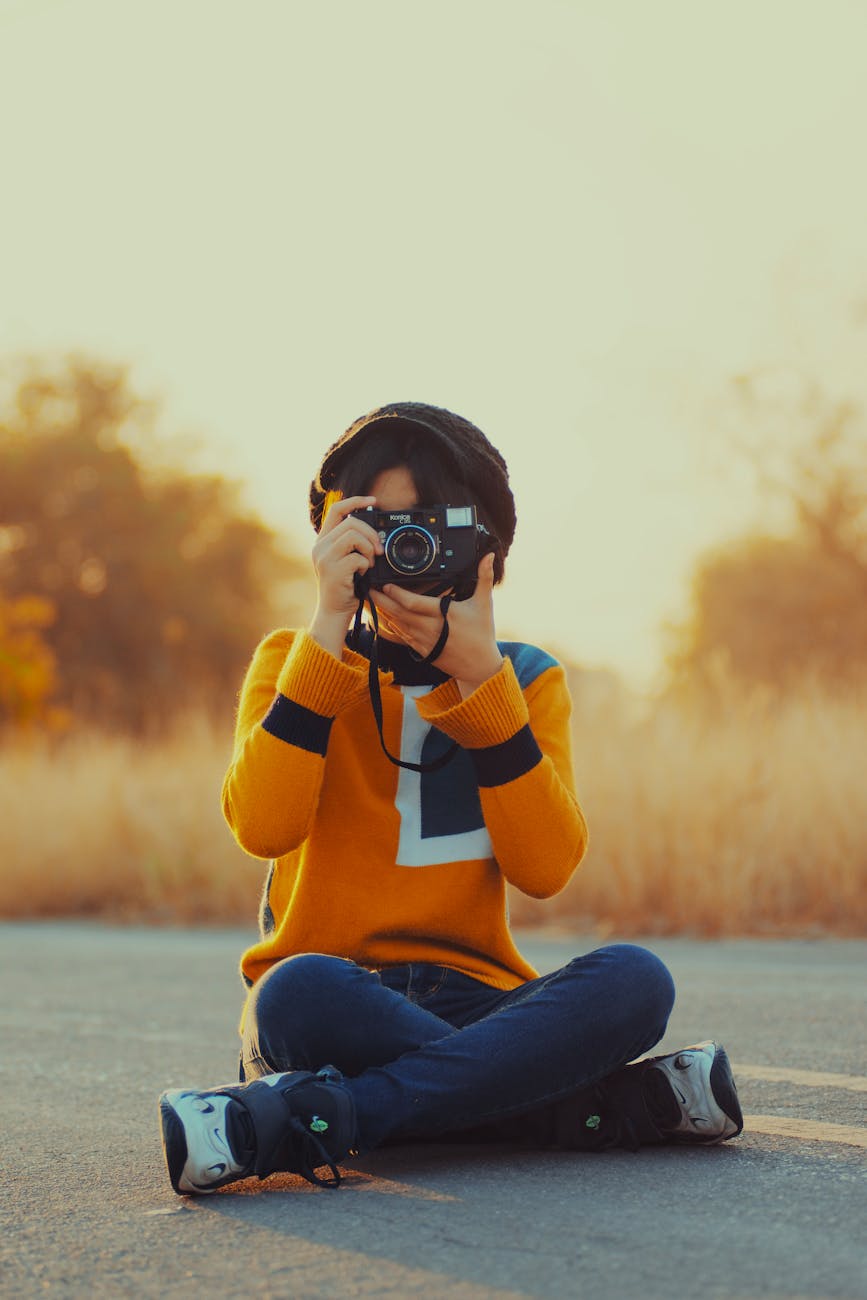
Techniken und Arbeitsabläufe
Was Sie erhalten: Praktische Aufnahmeverfahren mit digitalen Crossover-Tipps.
Meisterhafte Zonenfokussierung
Das Schätzen von Fokussierabständen mithilfe von Symbolen wird mit Übung intuitiv, insbesondere bei spontanen Straßenaufnahmen.
Experimentieren mit der Verarbeitung
Film-Suppe und alternative Verarbeitung fügen Unvorhersehbarkeit hinzu – das einfache Design des Pop macht ihn zu einer unterhaltsamen Testkamera.
Hybrider Workflow
Filme aufnehmen, Negative scannen und dann digital verbessern. Diese Mischung hält den analogen Charme für modernes Teilen lebendig.
Zubehör &und Einrichtungstipps
Was Sie erhalten: Wie Sie Ihre Konica Pop für einen reibungslosen Betrieb vorbereiten.
- Verwenden Sie ISO 200–400 Film für ausgewogene Ergebnisse.
- Halten Sie AA-Batterien für den Blitz bereit.
- Ein Handgelenkband und eine Tasche schützen es unterwegs.
- Film-Scanning verbindet analoge Bilder mit Ihrer digitalen Kunst.
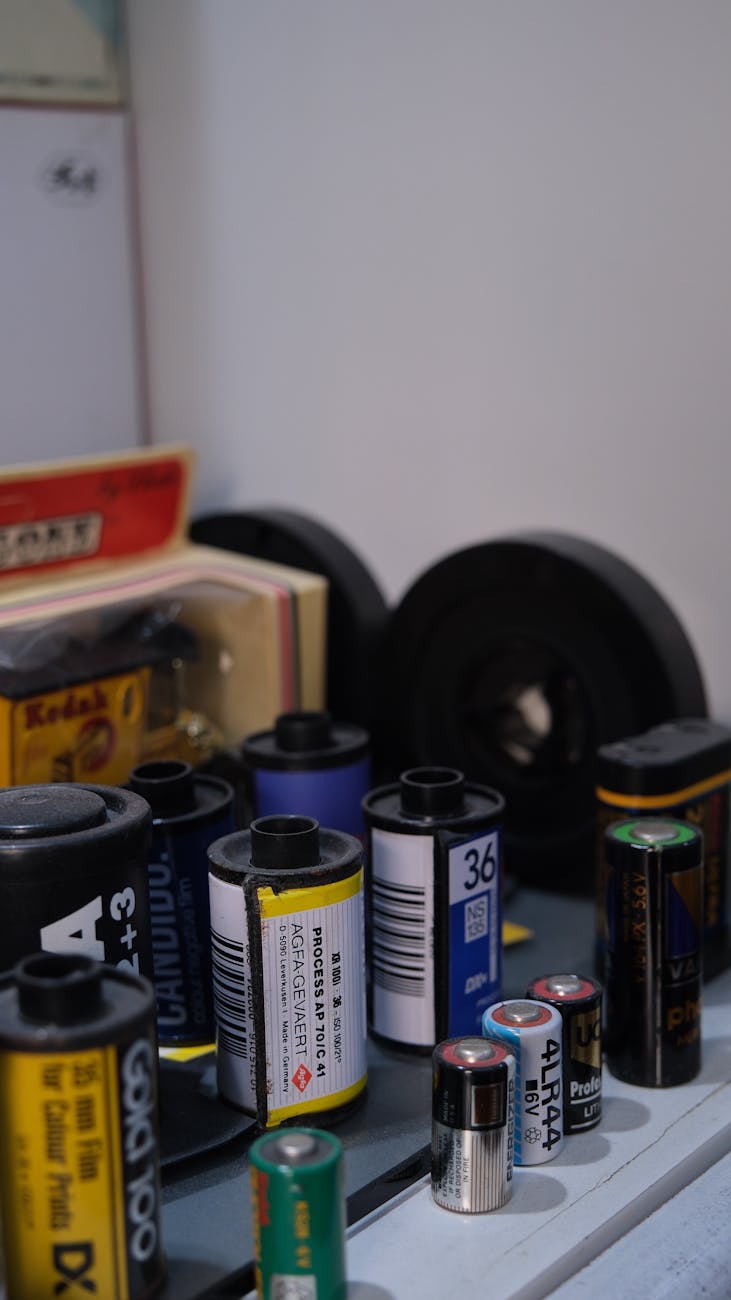
Gebrauchtwaren-Kaufanleitung
Was Sie erhalten: Wichtige Überprüfungen, um einen klugen Kauf beim Kauf einer Vintage Konica Pop zu tätigen.
html- Funktioniert der Auslöser sauber?
- Funktioniert der Filmtransportknopf?
- Schließt die Rücktür sicher und ohne Lücken?
- Blitz schaltet sich ein und lädt?
- Schaumdichtungen intakt oder ersetzt?
Die Überprüfung der Dichtungen, des Auslösers, des Blitzes und des Filmtransports ist entscheidend, um sicherzustellen, dass die Kamera weiterhin für reguläre Aufnahmen verwendbar ist.
Eine Konica Pop auf einem Flohmarkt zu entdecken, fühlt sich an wie das Öffnen einer Zeitkapsel – mein erster Test besteht immer darin, den Filmtransport aufzuziehen, während ich dem mechanischen Klick lausche.

Fazit
Was Sie erhalten: Eine abschließende Perspektive darauf, warum die Konica Pop heute von Bedeutung ist.
Die Konica Pop steht nicht für Perfektion. Sie steht für Charakter, Einfachheit und Spaß. Als erschwingliche Alternative zu hochwertigen Vintage-Kameras bleibt sie ein solider Einstieg in Tipps zur Filmfotografie und ein vertrauenswürdiger Begleiter für Künstler, die retro Ästhetik suchen.
Schnelle Entscheidung
- Ideal für Anfänger, die die Filmfotografie testen.
- Lieferung eines authentischen Retro-Looks ohne Aufwand.
- Einfache Wartung und zugängliche Teile.
- Erschwinglich im Vergleich zu hochwertigen Kompaktkameras.
Vorteile
- Leichtes und farbenfrohes Design.
- Einfache Bedienung, minimale Steuerung.
- Auf dem Second-Hand-Markt erhältlich.
Pro
- Die begrenzte Blende reduziert die Möglichkeiten bei schwachem Licht.
- Kein Autofokus – Zonenfokussierung erfordert Übung.
- Die Verarbeitungsqualität variiert nach Jahrzehnten der Nutzung.
Häufig gestellte Fragen
Ist die Konica Pop eine gute Anfänger-Filmkamera? Ja, sie ist einfach zu bedienen, hat wenige Bedienelemente und ist erschwinglich, was sie perfekt für Einsteiger in die Filmfotografie macht.
Welcher Film funktioniert am besten in der Konica Pop? ISO 200 oder 400 Farbnegativfilm für den allgemeinen Gebrauch; Schwarz-Weiß-Film für einen rauen, vintage Look.
Wie viel sollte ich 2025 für eine Konica Pop erwarten zu zahlen? Die Preise liegen typischerweise zwischen 25 und 60 €, abhängig von Zustand und funktionsfähigen Teilen.
Was sollte ich vor dem Kauf einer gebrauchten Konica Pop überprüfen? Überprüfen Sie den Verschluss, den Blitz, den Filmtransport und die Dichtungen. Inspizieren Sie das Objektiv auf Schimmel oder Kratzer.
Durchsuchen Sie jetzt unsere Sammlung von gebrauchten Konica Pop Kameras.




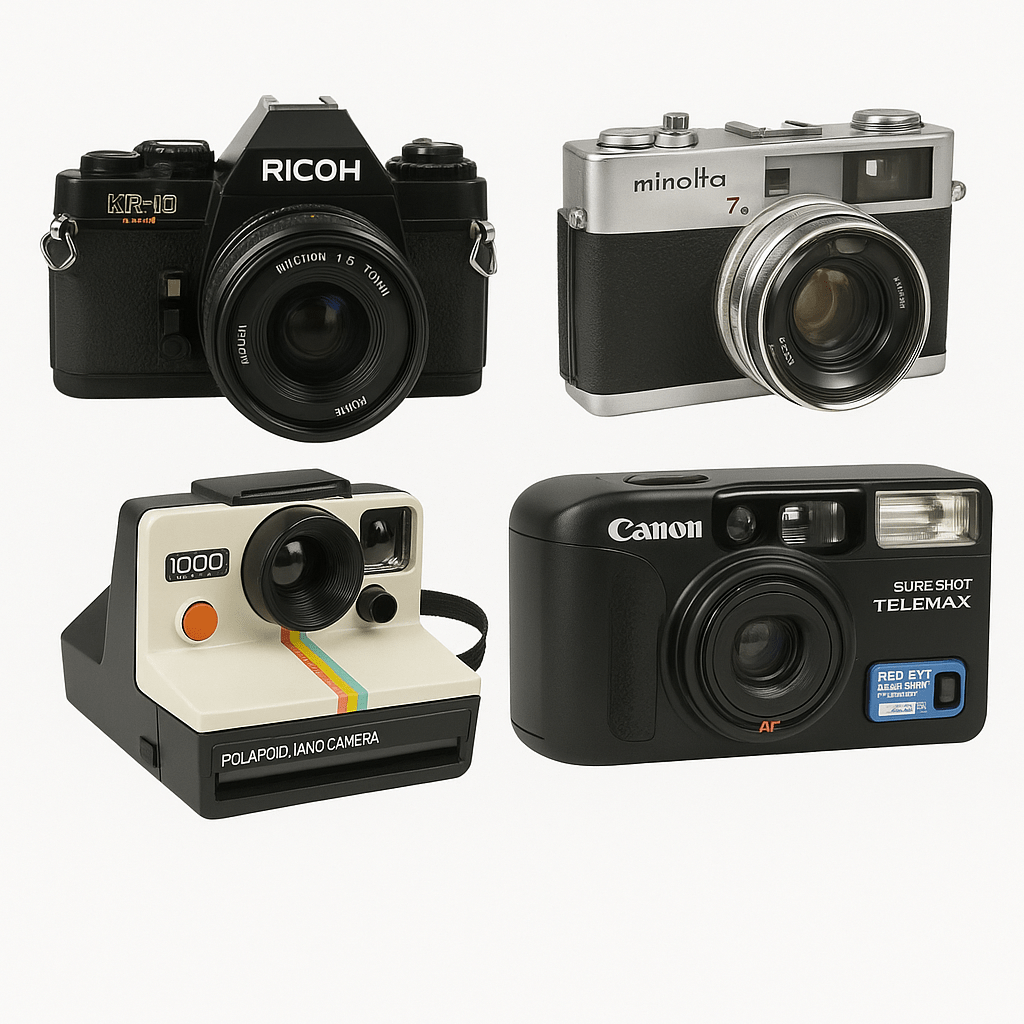
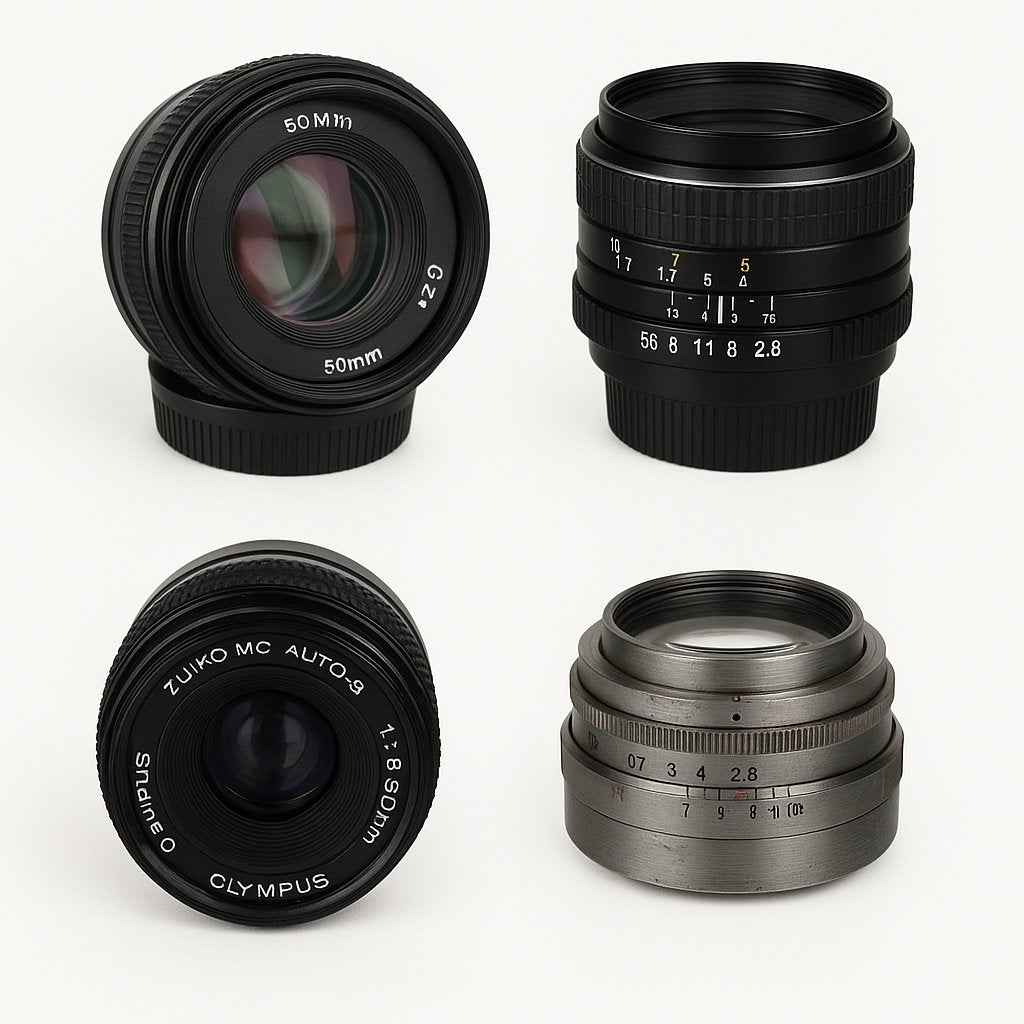
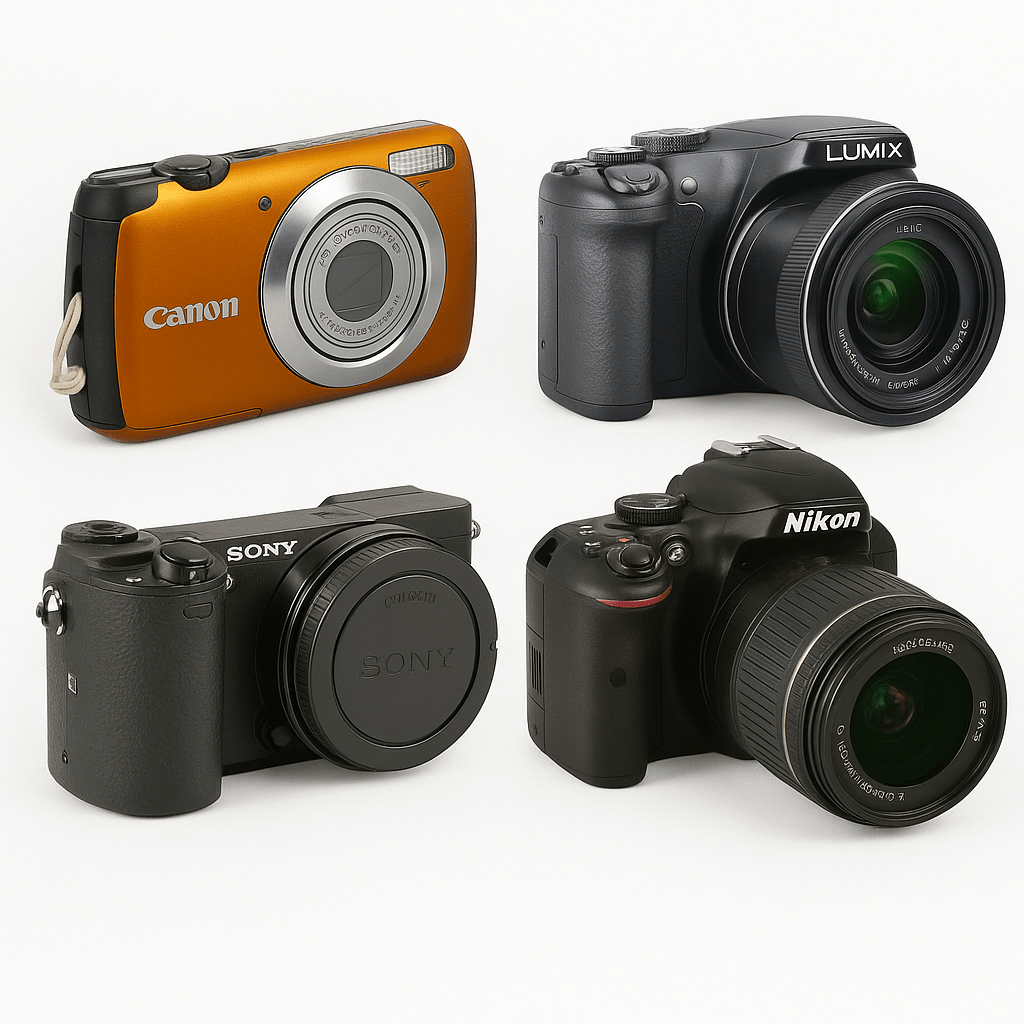
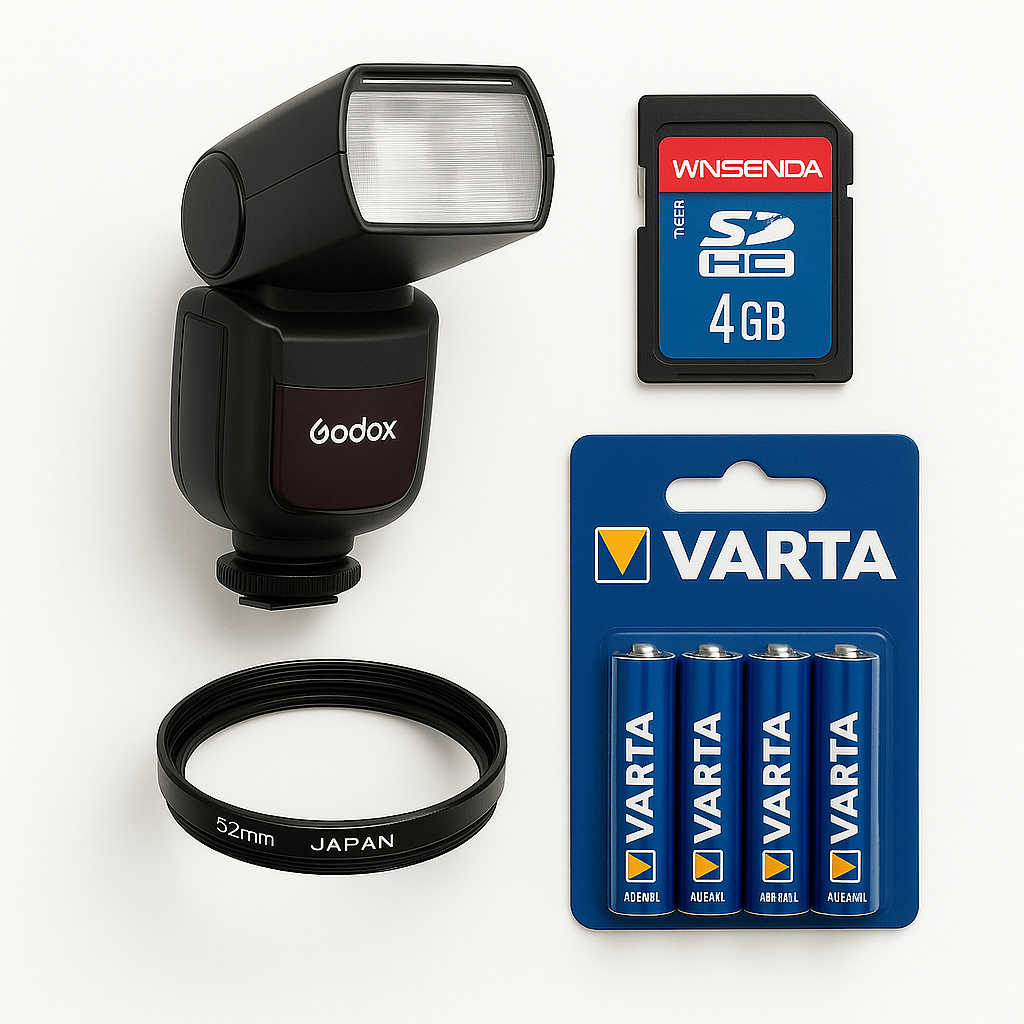
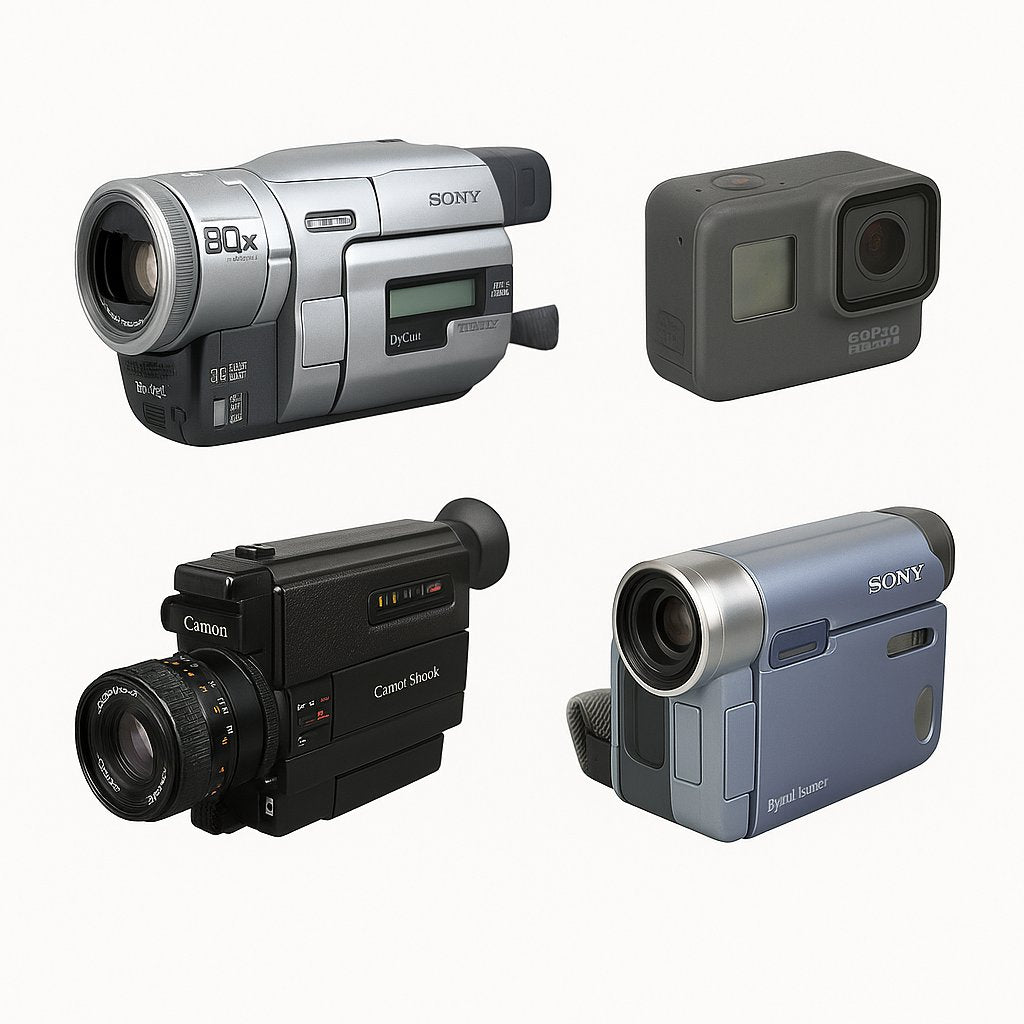
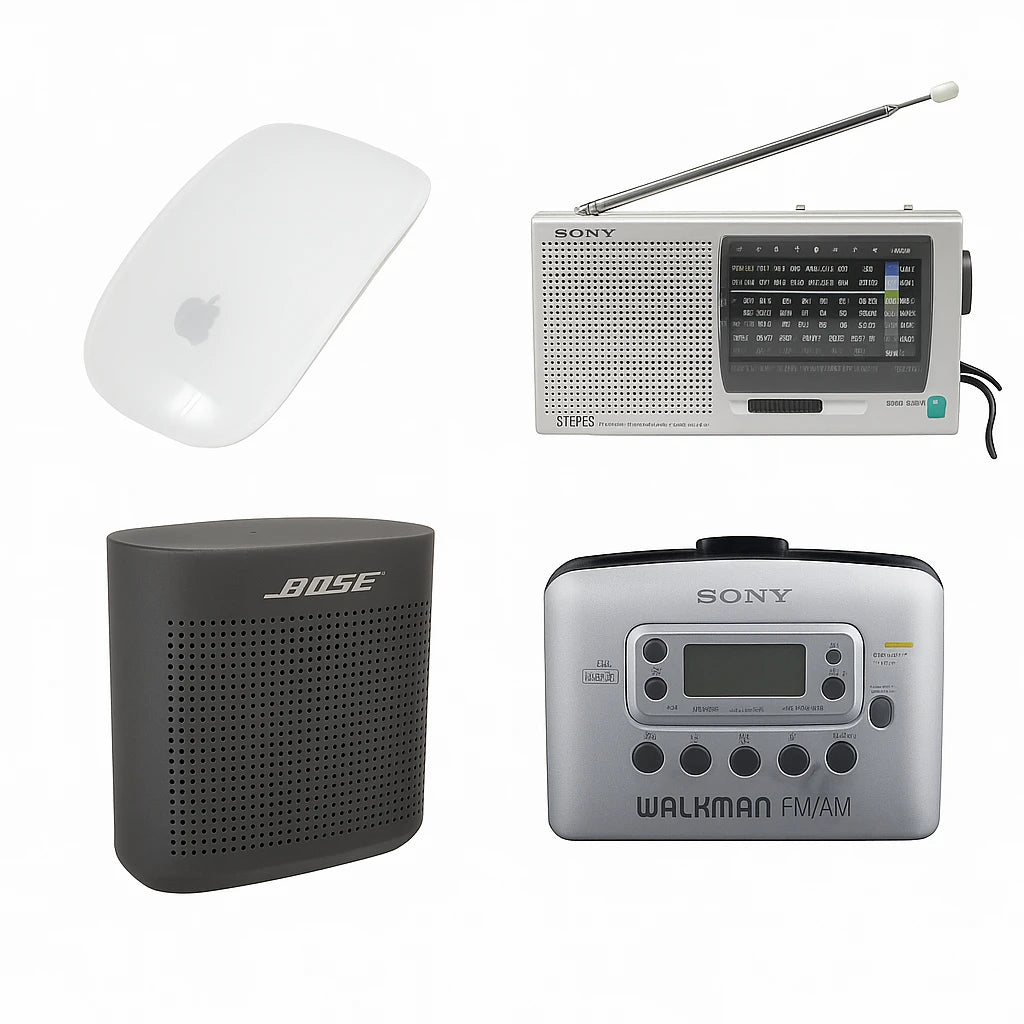
0 Kommentare